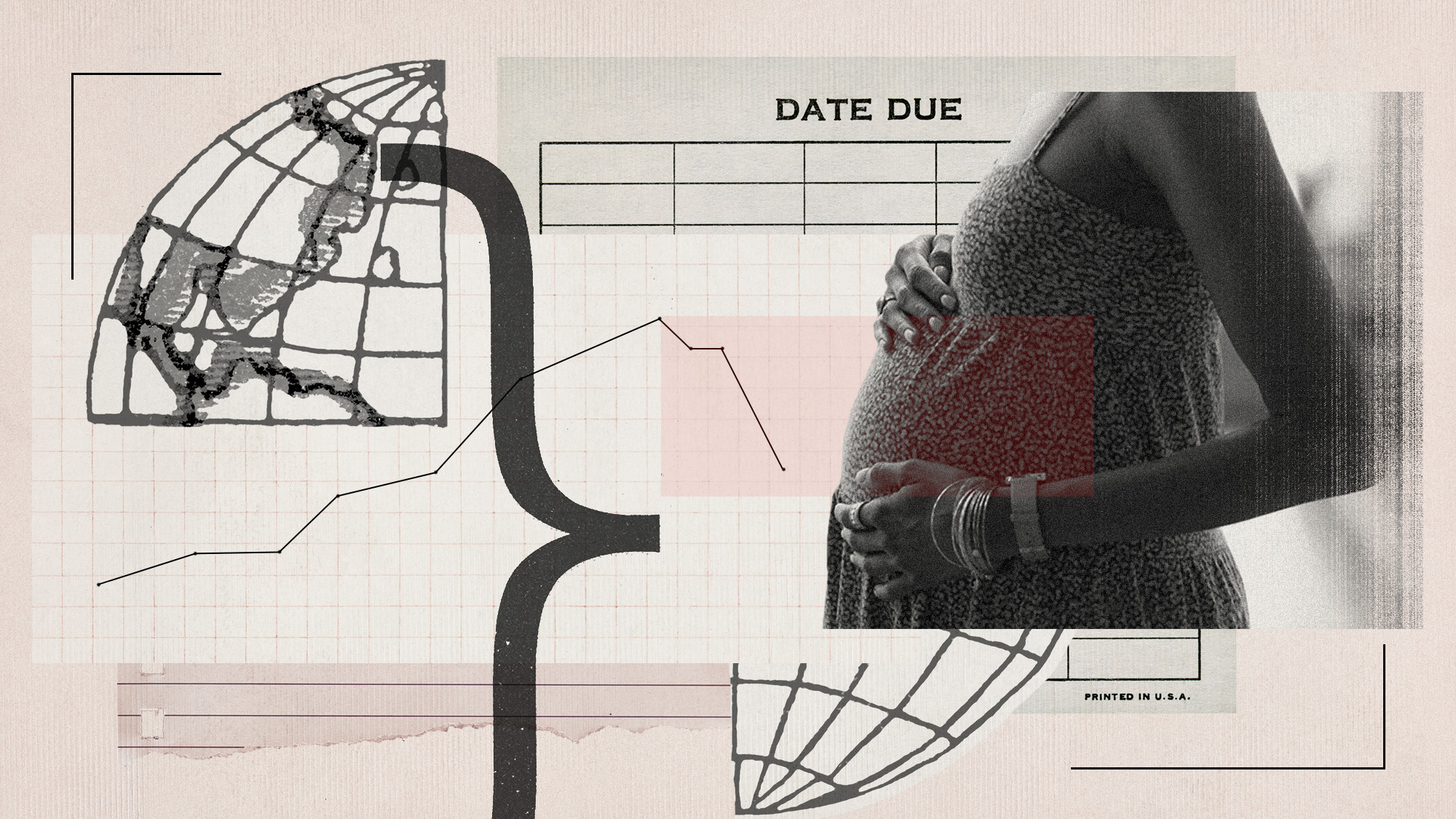Have we reached peak population?
The global populace is expected to plateau before the end of the century

A free daily email with the biggest news stories of the day – and the best features from TheWeek.com
You are now subscribed
Your newsletter sign-up was successful
As the new year begins, we could be one step closer to peak population.
According to the UN's latest projections, the global population is expected to peak at around 10.3 billion in the mid-2080s, earlier than previously predicted. It is then expected to plateau at about 10.2 million by 2100. Experts say lower birth rates and falling fertility levels – especially in "ultra-low" fertility countries like China, Italy and Spain – are to blame for the more imminent peak.
The "earlier and lower peak is a hopeful sign", said Li Junhua, UN undersecretary-general for economic and social affairs, as the levelling could reduce environmental damage.
The Week
Escape your echo chamber. Get the facts behind the news, plus analysis from multiple perspectives.

Sign up for The Week's Free Newsletters
From our morning news briefing to a weekly Good News Newsletter, get the best of The Week delivered directly to your inbox.
From our morning news briefing to a weekly Good News Newsletter, get the best of The Week delivered directly to your inbox.
A greying global population
Fertility rates are falling worldwide and governments' pronatalist policies have "almost totally failed to alter that fact", said Vox. As a consequence, UN predictions might miss by a fair amount, but "the changes are generally baked in".
Although discussing population policy often leads to "culture wars" and heated debates, a phenomenon called population momentum – when populations continue to decline for a time, even if birth rates increase – means these battles "are largely beyond the point".
Regardless, the overall population, before it peaks, will continue to get older. And because of a pandemic-induced dip in global life expectancy, "that’s in part a success story". The end result, though, is "global greying" with more elderly people than children by the 2070s. And, "we’re only beginning to grapple with what an older, shrinking world will feel like. All we can do is adapt."
'Projections keep missing'
There are some analysts who think the peak is coming much quicker. The population will eventually peak, but "one after another, the projections keep missing", said John Burn-Murdoch in the Financial Times. Forecasts from the UN and others tend to underestimate how quickly birth rates are falling. And often, they do not account for minor fluctuations in global trends.
A free daily email with the biggest news stories of the day – and the best features from TheWeek.com
Jesús Fernández-Villaverde, a researcher and economics professor at the University of Pennsylvania, told the FT that the overall impact of these misses means the global population is on the UN's "low fertility" path. That means we could potentially see a peak as soon as 2054, 30 years ahead of schedule, with a global population of about nine billion.
Predicting the global population’s trajectory is no easy task, and "even tiny perturbations today can compound into yawning gulfs", said Burn-Murdoch. But maybe the next round of projections "should come with a health warning: these estimates are extremely fuzzy and based on frameworks that were true in the past but may not be today.
"Use them with caution, and probably err on the low side."